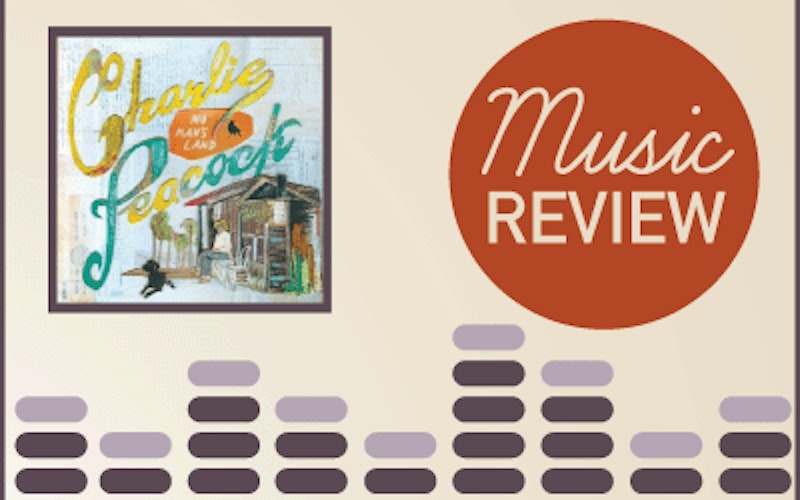
Music
Charlie Peacock’s crowning achievement
Charlie Peacock is truly one of the most unique artists of the last 30 years. He started life as a jazz-fueled, R&B-oriented pop singer in the California club scene before coming to faith and embarking on a bold and influential path as an artist and producer never satisfied to settle for the Christian music ghetto. Despite relative obscurity in a CCM world that never quite appreciated his sophisticated style, in the underground realm of alternative Christian music Peacock became a bona fide hero. He set a new standard of excellence and lived a new model for artists of faith.
In the ’80s he released two acclaimed and influential, if tragically obscure, records on mainstream labels and a series of independent projects long before that model was considered feasible. He eventually moved from his home turf in Sacramento to an old church building in the Nashville countryside where he began a second act as a producer and songwriter for major Christian artists who had an ear for increased artistic integrity. His greatest commercial accomplishment was likely the discovery and development of Switchfoot, a group that fully embraced his philosophical, artistic and spiritual mantle. Against all odds he and Switchfoot broke through the supposed glass ceiling of CCM, launching epic pop songs such as “Dare You To Move,” “This Is Your Life” and “Meant To Live” into the cultural mainstream.
After a relatively quiet decade, his name was suddenly back on the lips of culture watchers last year as the producer of the breakthrough debut record Barton Hollow by The Civil Wars. This was yet another act that desired to create art that was informed by their faith but not designed exclusively for Christian consumption. That Grammy Award-winning record re-ignited Peacock’s brand and introduced him to a new generation of potential fans and admirers. With the recent release of No Man’s Land, Peacock seems to be striking while the proverbial iron is hot.
Where Peacock has long reveled in his own style - call it Progressive-Blue-Eyed-Rhythmic-Alt-Pop, if you will - No Man’s Land adds a heavy dose of rich, soulful Americana to the gumbo. With instant access to the best Nashville musicians and one of the best studios in town set up in his own home, it is no surprise that this set sounds perfect. The addition of steel guitars, mandolin, banjo and New Orleans-flavored horns are a welcome addition to his palette, but beneath the dusty, bluesy tone his core style can still be found. Lyrically he mines old family stories and the geography of the South to create tales of personal determination, reconciliation and a relentless search for truth and beauty. The songs go down like sweet tea and the flavor matures with repeated listens. His smoky tenor has never sounded better and there’s not a single bit of filler to be found. Every song matters.
With the recent release of No Man’s Land, Peacock seems to be striking while the proverbial iron is hot.
Choosing highlights is difficult on a record this solid, but a phrase from “Kite in a Tree” has been relentlessly stuck in my head since first hearing it: “If belief is only a construct; my own little thumb-suck, I’m a kite in a tree.” Free from lyrical restraints imposed by the formal Christian music world, Peacock gets more personal, gritty and real than ever. There’s deep Gospel (“Until My Body Comes Undone”), socio-political commentary (“Beauty Left the Room”), blues (“Voice of the Lord”) and even a humorously thought-provoking romp about fear and resolution (“Ghost of the Kitty Cat”). There’s enough material here to provide a songwriting class with curriculum for a year. And yet, as progressive, intricate and meticulous as the details are, the whole is never overshadowed by the small stuff.
Flawless writing, perfect production and the best musicianship captured on any record in years makes No Man’s Land the album of the year for me so far. I’ve been a fan of Charlie Peacock since the very beginning, but none of his records have gripped me the way this one does. This is honestly his best work, and that is definitely saying something.
Topics: Music, Culture At Large, Arts & Leisure